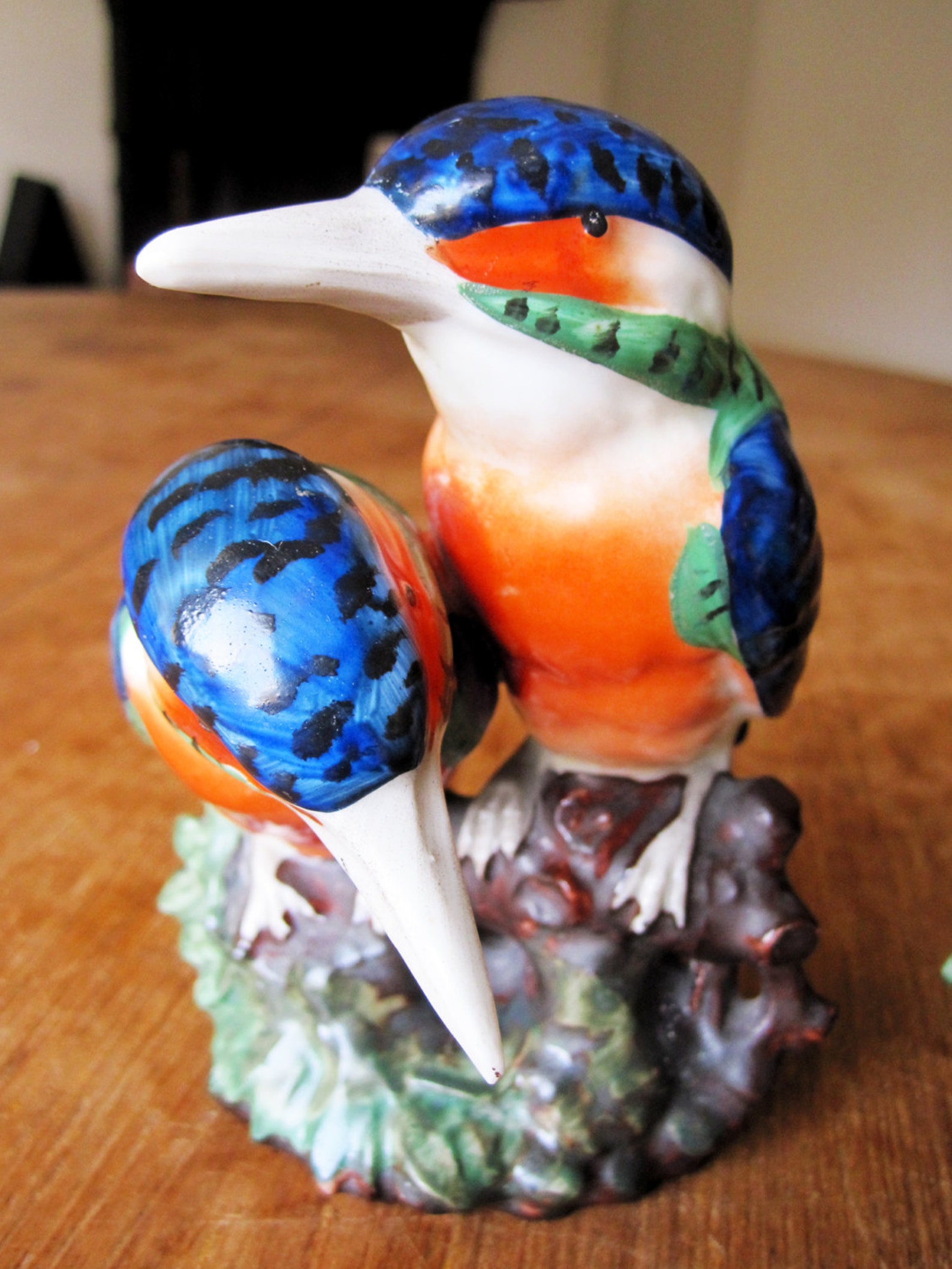
One small study also found that eating stewed nettle leaves was a helpful addition to the anti-inflammatory drug diclofenac.ĭiabetes : There’s some evidence that stinging nettle can help control blood sugar in people with type 2 diabetes The research is mixed, however. Joint pain : Research has found some evidence that rubbing stinging nettle leaves on painful joints can provide pain relief. But more well-designed studies are needed to confirm this effect.

Some research has linked treatment with stinging nettle leaf to relief of symptoms such as sneezing, runny nose, and itchy eyes. Don’t try it without talking to your doctor first.Īllergies : Stinging nettle leaf may be useful in reducing the symptoms of hay fever by acting as an anti-inflammatory. More research is needed to show that the treatment is indeed effective. Experts are not sure which components in the plant may have an effect on BPH, if any. Some research shows that stinging nettle root may be helpful in treating this problem. This is a noncancerous condition that causes the prostate gland to enlarge, making urination difficult. People take stinging nettle to try to treat health problems, including:īenign prostatic hyperplasia ( BPH ): Stinging nettle root is a common treatment in Europe for symptoms of BPH.


The name comes from the stinging sensation that you get when you brush against the plant's hairy stem and leaves. It has been used as an herbal remedy for thousands of years. Stinging nettle is a plant that grows in North America, Europe, and Africa.


 0 kommentar(er)
0 kommentar(er)
